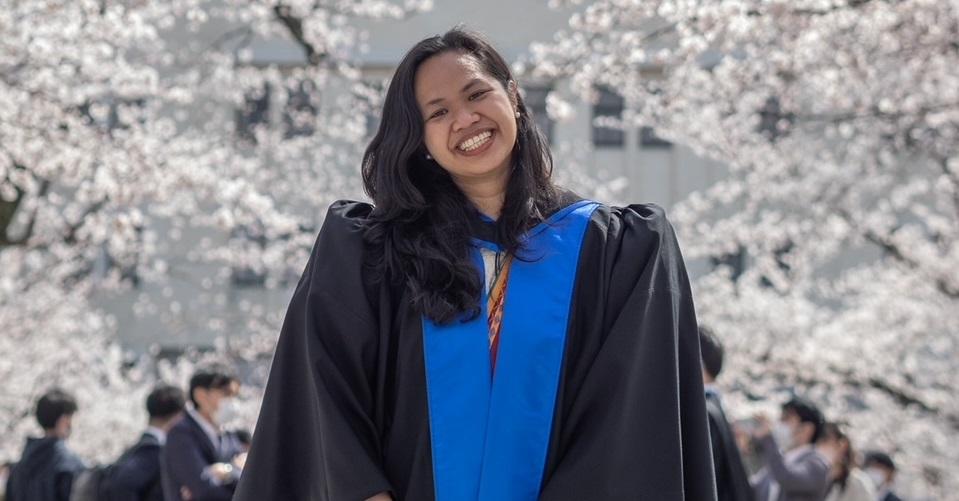Pinay scholar in Japan to map seagrass in the Philippines to aid conservation, climate change resilience

A Filipina scholar in Japan who recently completed her PhD studies will soon be mapping seagrasses in the Philippines using remote sensing technology.
Ayin Tamondong, an assistant professor at the University of the Philippines Diliman, earned her doctorate degree in Global Engineering for Development, Environment, and Society at Tokyo Institute of Technology.
According to a press release, seagrass refers to "unique marine flowering plants that grow in shallow coastal waters." These serve as shelter areas for marine fauna such as sea cows (dugong) and turtles.
"Seagrass beds in the Philippines and in the world are among natural resources under thread by multiple human-induced stress and there is lack of effective conservation and management solutions for them," Tamondong said.
"Using quantitative predictions from remote sensing technology can help us update information on our seagrass coverage, density, and species composition, and consequently, manage our natural resources and develop long-term conservation plans," she added.
Under the Japan International Cooperation Agency (JICA) scholarship program, Tamondong's research is part of the Comprehensive Assessment and Conservation of Blue Carbon Ecosystems and their Services in the Coral Triangle or BlueCARES.
"Seagrasses are part of the blue carbon ecosystem that has been identified as a possible solution to mitigate climate change risks because they sequester and store carbon better than terrestrial plants," she said.
Tamondong will lead the nationwide efforts to map seagrasses in the country once she returns from Japan.
—MGP, GMA News




